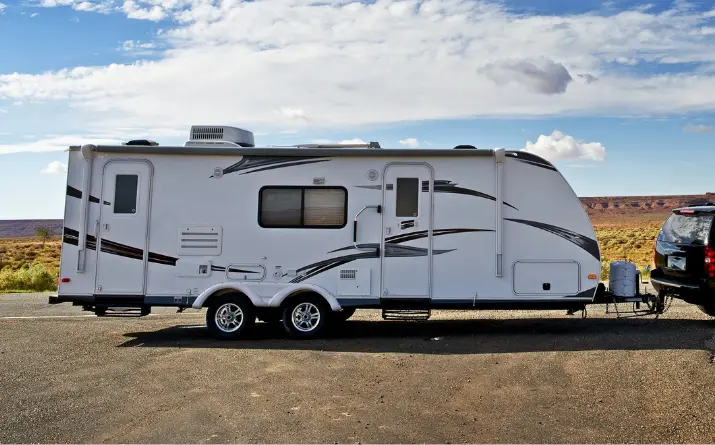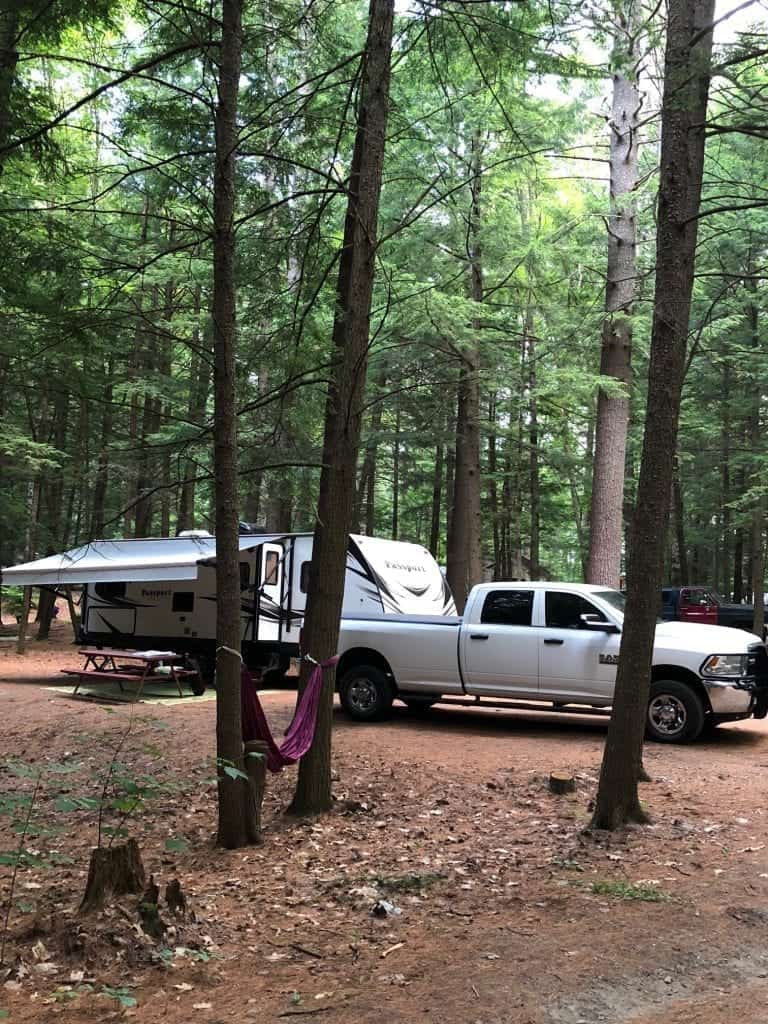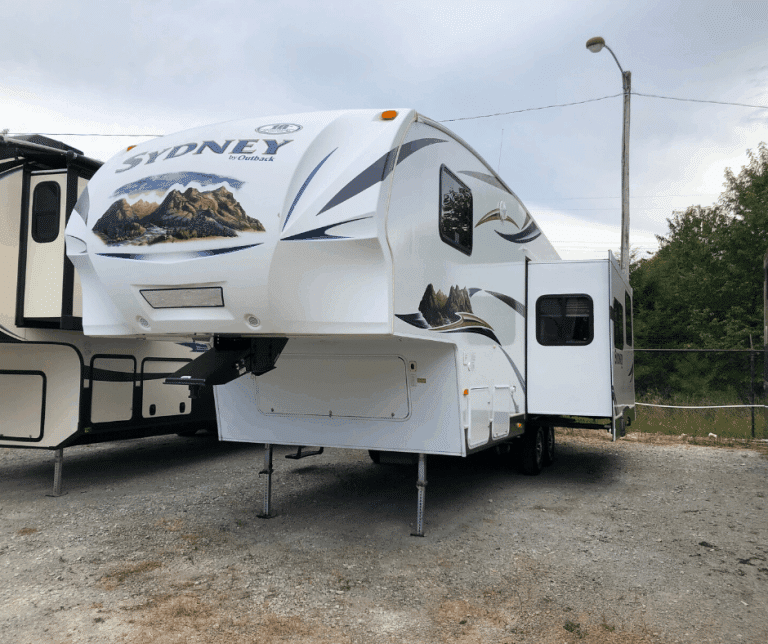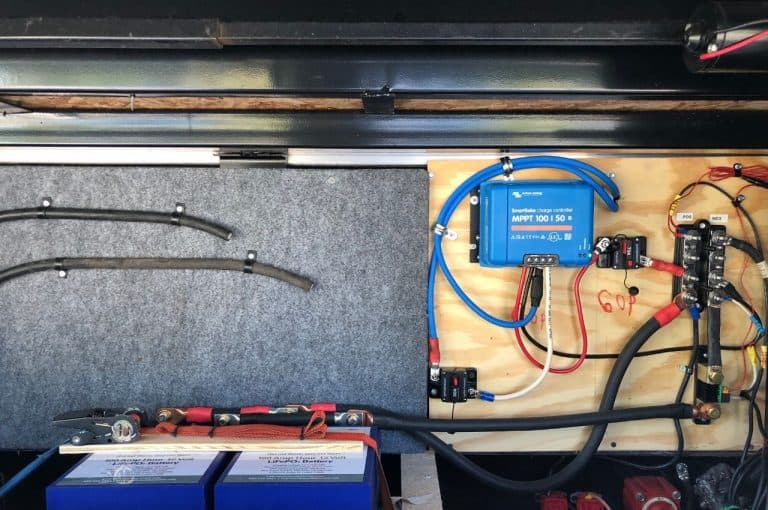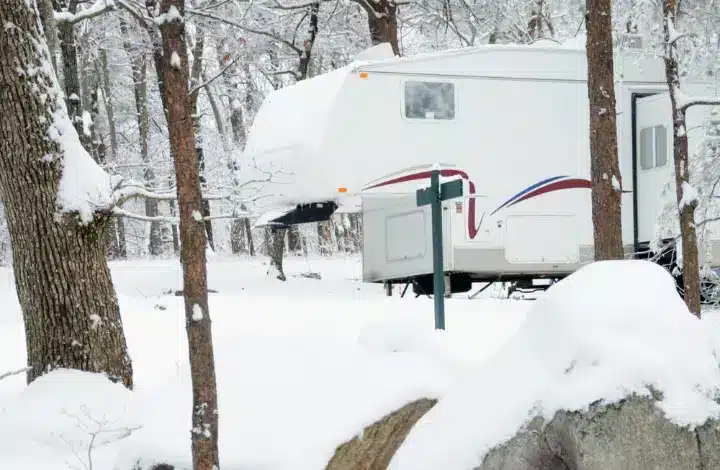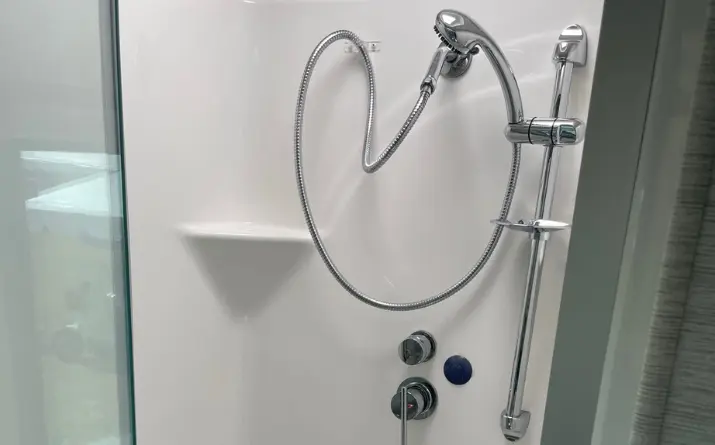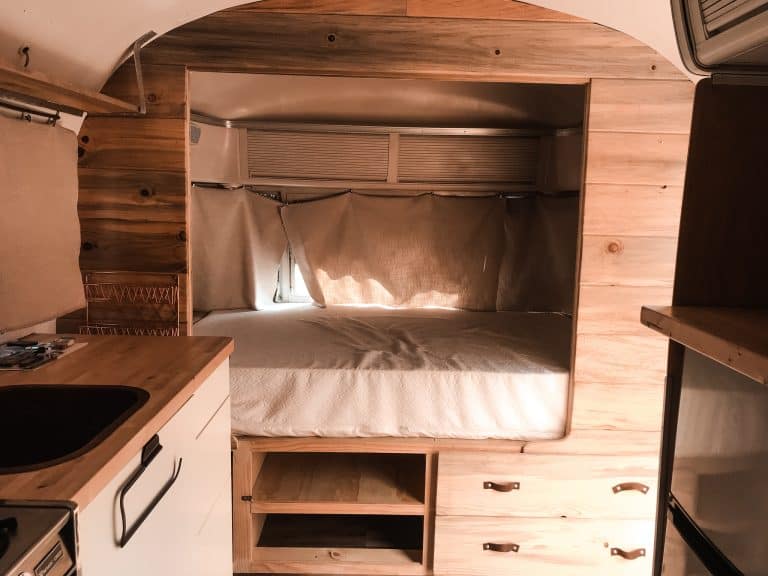How to Maintain Your RV and Avoid the Service Bay
Have you heard that joke about owning a boat? If not, here it is:
You know what BOAT stands for, right? Bring Out Another Thousand.
This joke is so applicable to RVing that it’s not even funny. I doubt boaters are laughing either.
All of which is to say that RVing comes with the responsibility of registering, maintaining, and repairing a vehicle (or multiple vehicles), and things will inevitably break.
Frequent trips to the service bay don’t just put a damper on your travel plans—they can also be costly. Proactive maintenance and care are key to minimizing your visits to the repair shop.
In this post, we’ll share how you can keep your RV running smoothly and avoid unnecessary service visits.
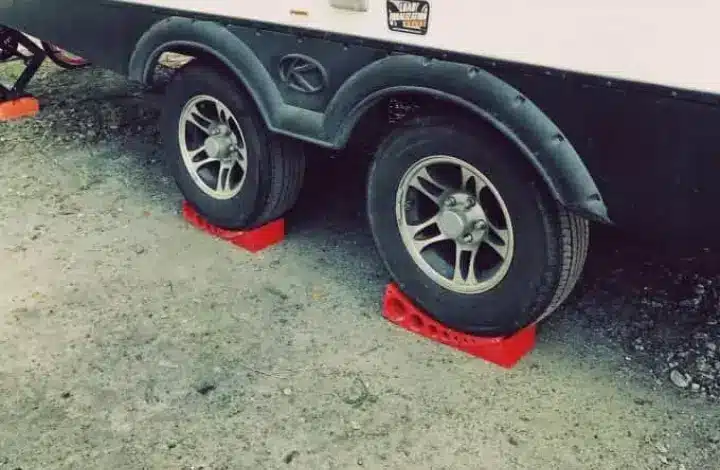
How to Keep Your RV Out of the Service Bay
Stick to a Regular Maintenance Schedule
Reading the manual might not be fun, but neither is an unplanned pit stop at a service center. The best way to prevent major repairs is to stay on top of regular maintenance.
Here are the key RV maintenance tasks you should schedule on a regular basis.
Handle Minor Repairs Yourself
It’s taken me years and a lot of tough situations to learn that fixing an issue myself is often the best way to go, despite my total lack of natural repair skills. Learning to handle minor repairs can save you trips to the service bay and lots of money, so it’s worth doing even you’re not a natural DIYer.
Basic repair skills, like replacing a fuse or fixing a leaky faucet, are safe and straightforward to handle without hiring a professional technician. Just keep a well-stocked toolkit and a few essential spare parts on-hand. Those who are more handy can probably repair just about anything themselves, given enough time and tools.
Online resources like eTrailer can be helpful for getting answers to technical questions. Moreover, they can generally ship parts to your location within one or two days.
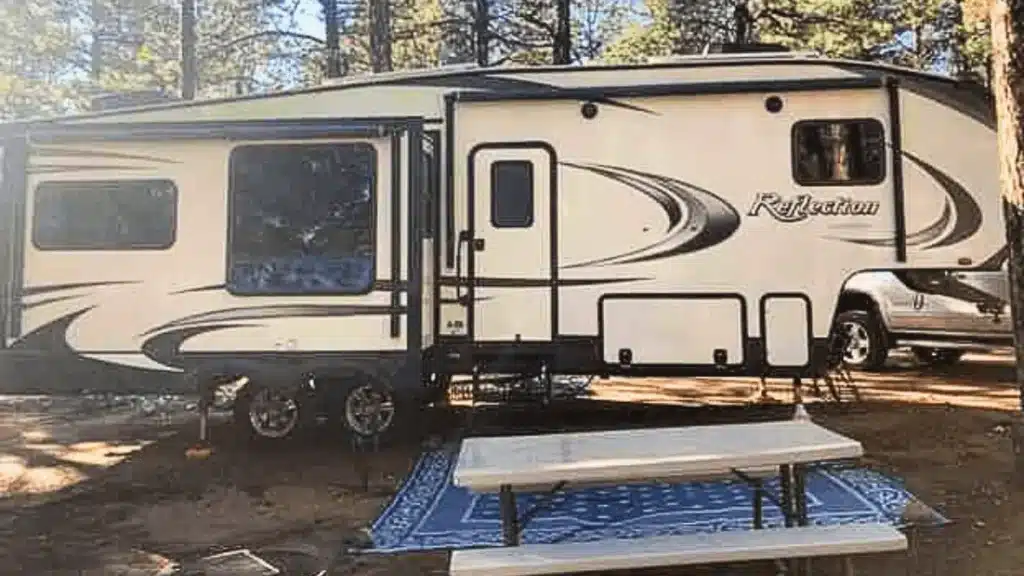
Don’t Ignore Warning Signs
Before my truck went into limp mode, it kept showing me a message that didn’t seem very urgent: “Action Required: Keep Driving”.
Okay, I thought. I’m driving.
When I Googled the message, I learned that diesel engines need to run through a regen cycle every so often, and this message basically meant that the cycle hadn’t completed yet. Seemed pretty harmless—until my engine went into limp mode about 100 miles later.
In my case, that “harmless” message was an indicator that something was up with my catalytic converter. If I’d known, I would have pulled over before limp mode ever happened.
So don’t be like me. Stay on top of any strange noises, smells, or performance changes, and act quickly to investigate potential issues before they turn into big problems.
Related Reading: RV Maintenance Checklist for Worry-Free Travel
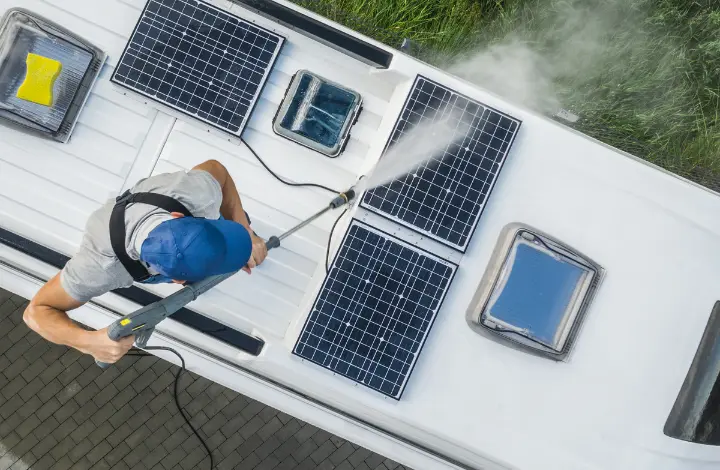
Practice Good RV Hygiene
No, I don’t mean taking regular showers. Practice good driving and weight management habits to minimize the wear and tear on our RV, which will in turn minimize breakdowns and other issues.
Here are three top tips to help ensure your RV stays in top condition.
Related Reading: How to Winterize and Store Your RV
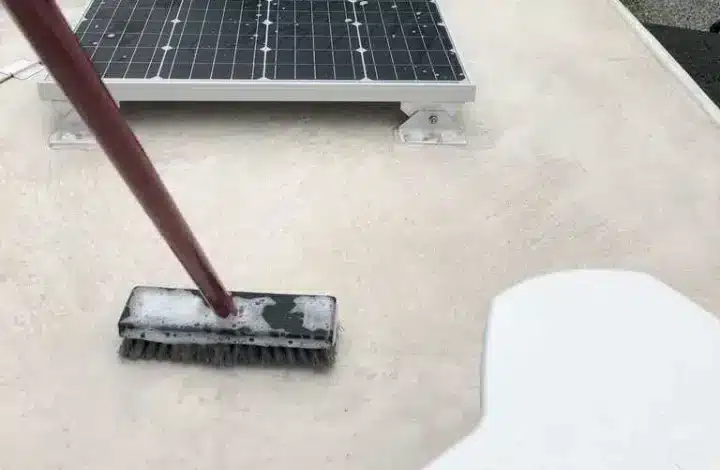
Which Tasks are Essential for Maintaining Your Rig?
Keeping your RV out of the service bay is primarily about prevention. Regular maintenance, understanding your vehicle, and addressing issues promptly can significantly reduce the frequency and severity of repairs.
By taking a proactive approach to your RV’s care, you can enjoy more adventure time on the road and less time in the repair shop.
What are the essential maintenance tasks you never miss to ensure your rig is in tip top condition? We would love to hear your thoughts and recommendations. Our readers can learn a lot from your experience. Please share your tips in the comments section below.
Thank you and safe travels!
Read more great RV Travel and Hiking articles by Sarah Kuiken.
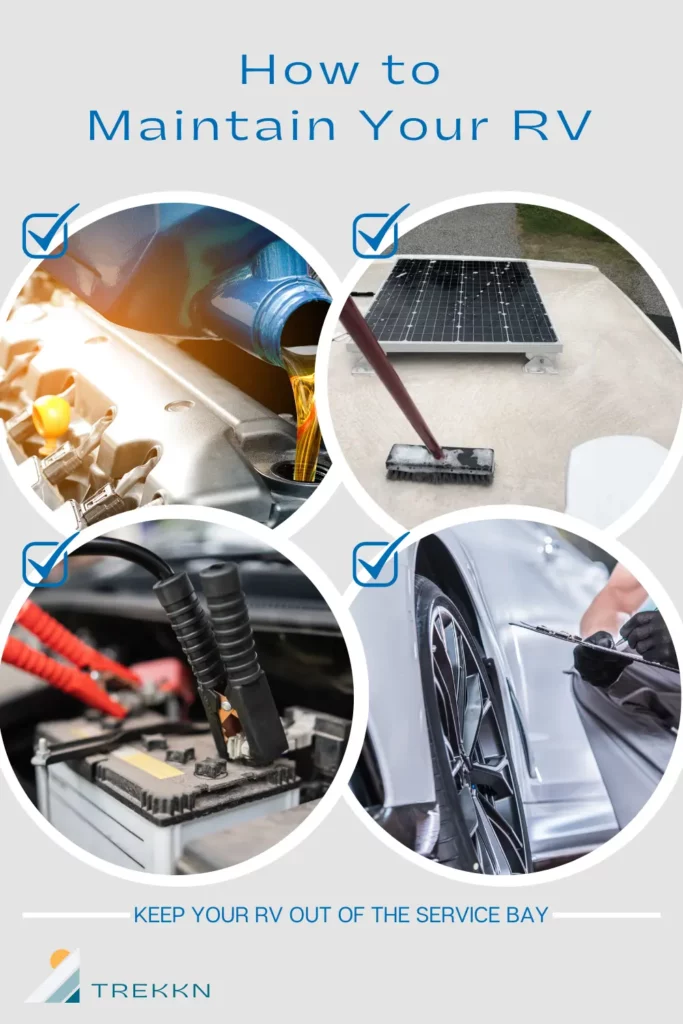

Sarah Kuiken has been a full-time solo traveler for 4 years and counting, but she’s been a solo adventurer for decades. She owns her own copywriting business, Flourish Writing, which she operates from the road. Sarah loves to explore state and national parks with her two dogs, Orion and Piper—wherever they’re allowed, of course. When she’s not whipping up web copy for fellow entrepreneurs, she’s probably out hiking or paddle boarding with the dogs in tow. Learn more about her freelance writing business at FlourishWriting.com.


